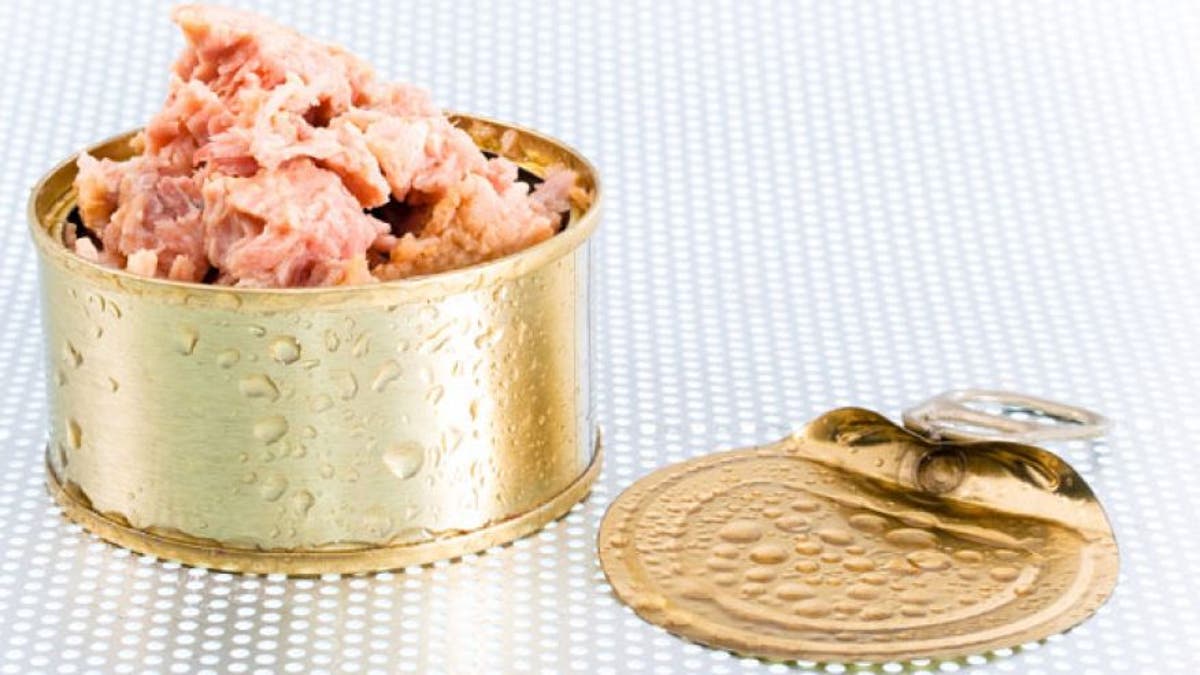
Packaged foods get a pretty bad rap, and rightly so. Some are chock-full sodium, artificial colors, and, honestly, who knows what else. After all, most of the ingredients you can’t even pronounce, let alone understand.
But “packaged” doesn’t necessarily mean “processed” or “refined,” says Marci Clow, M.S., R.D.N., registered dietitian nutritionist at Rainbow Light And by lumping all of those foods together, you could actually be selling your eating plan short.
RELATED: The 14 Healthiest Snack Foods to Buy
Here are seven packaged foods nutritionists actually want you to eat:
1. Greek Yogurt
With protein, calcium, and probiotics, Greek yogurt is a nutritional trifecta, Clow says. It can help build muscle, lower your risk of chronic disease, and up your immunity. One 2013 study published in the journal Gastroenterology even found that eating probiotic-rich yogurt (read: Greek) twice a day for a month curbed stress.
2. Frozen Produce
Apart from helping you get your five-a-day even when strawberries are out of season, frozen fruits and vegetables may actually contain more vitamins and antioxidant than their “fresh” counterparts, according to research from the University of Chester in England. That’s because, while frozen produce is stuffed in a bag at its peak of freshness, room-temperature produce can spend weeks or more in transit to your supermarket’s bins. Before you buy frozen produce, just make sure the only ingredient is the fruit or veggie you actually want to buy, White says. No preservatives or chemicals.
RELATED: 8 Ways to Boost Your Metabolism
3. Canned Fish
Fish in a can do the body good. Salmon, sardines, tuna, and mackerel are all rich sources of omega-3 fatty acids, which can improve heart health and lower high blood pressure, says Jim White, spokesperson for the Academy of Nutrition & Dietetics and owner of Jim White Fitness & Nutrition Studios. Those healthy fats can also help keep you full without fattening you up. Add to that a ton of protein, and you’re good to go.
RELATED: The Fastest Ways to Get Ripped
4. Whole Grains
For every downside to eating white and refined grains, there’s an upside to mowing down on whole grains. Whole wheat, brown rice, quinoa, and steel-cut oats provide the body with fiber, antioxidants, and myriad other minerals and vitamins, White says. Among the best ones: B vitamins. By helping your body’s cells convert food into fuel and get oxygen where it needs to be, they keep your body energized and your body in tip-top shape.
RELATED: Shirtless Nick Jonas Explains
How He Got His New Buff Body
5. Canned Tomatoes
Tomatoes not in season? Go for the canned goods. “Canned tomatoes contain even more of the antioxidant lycopene than their fresh counterpart,” Clow says. “Lycopene supports a healthy inflammatory response and has been linked to prostate health, especially when eaten with a small amount of oil to enhance absorption.”
RELATED: Brad Pitt Is Back and Sexier
Than Ever
6. Nuts and Seeds
Nuts and seeds are crazy-rich sources of unsaturated, heart health-promoting fat. One New England Journal of Medicine study even found that people who eat nuts— almonds, walnuts, Brazil nuts, pistachios, other tree nuts or even peanuts (although they’re really legumes)— about every day are about 30 percent less likely to die from heart disease. They were also less likely to die of cancer, diabetes or lung disease. “On the seed front, pumpkin seeds specifically are a rich source of zinc, which is good for immune health, and phytosterols, which have been linked to prostate health,” Clow says.
RELATED: 7 New Moves for Perfect Abs
7. Canned Beans
About as convenient as any veggie protein can get, canned beans like kidney, black, and pinto beans are also rich in filling fiber, she says. Add them to salads, soups, pasta or rice, or mix them into dips. Tip: Buy low-sodium versions and then rinse them off in water to get rid of that last little bit and make your beans even more heart healthy.








































